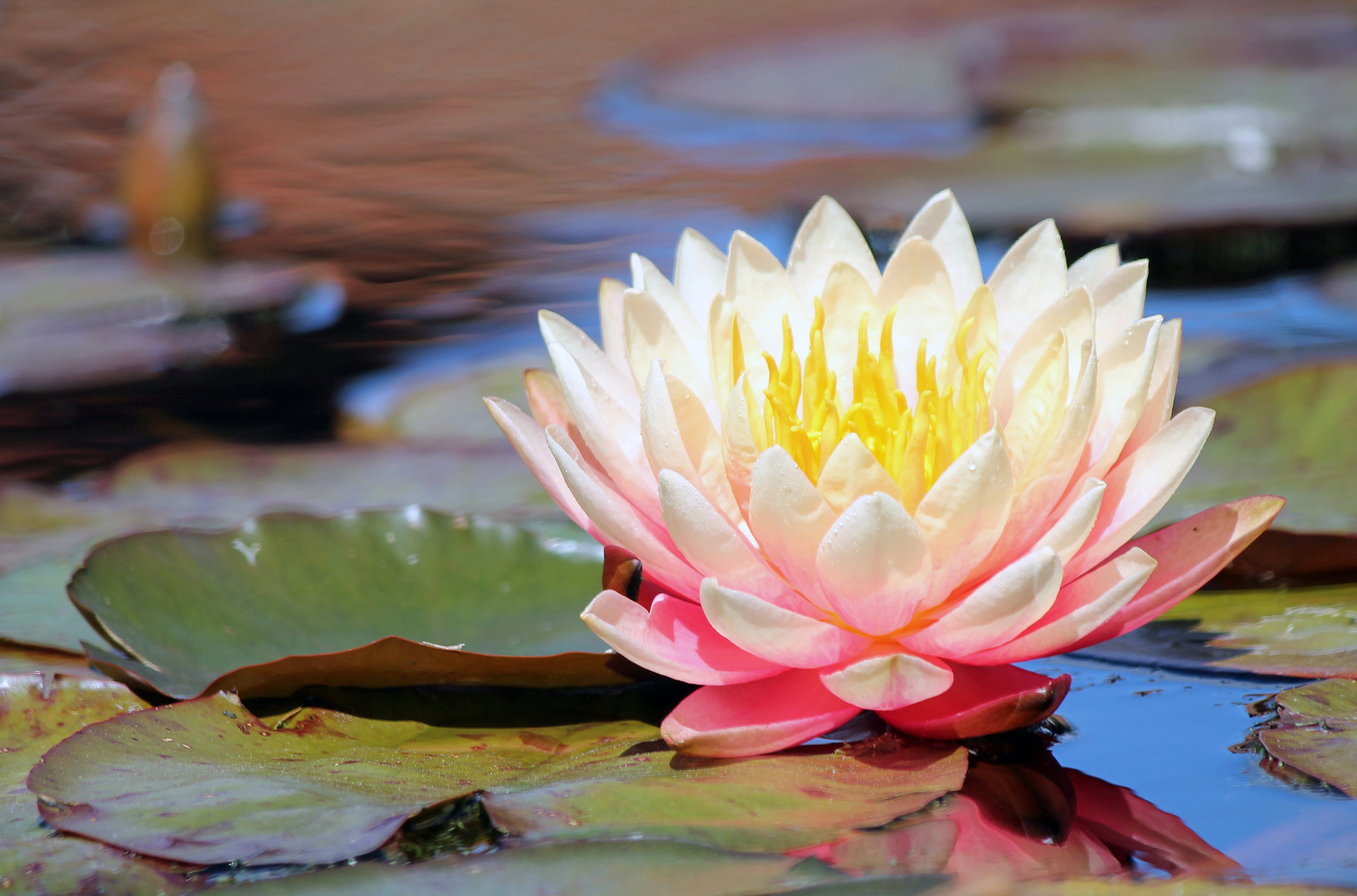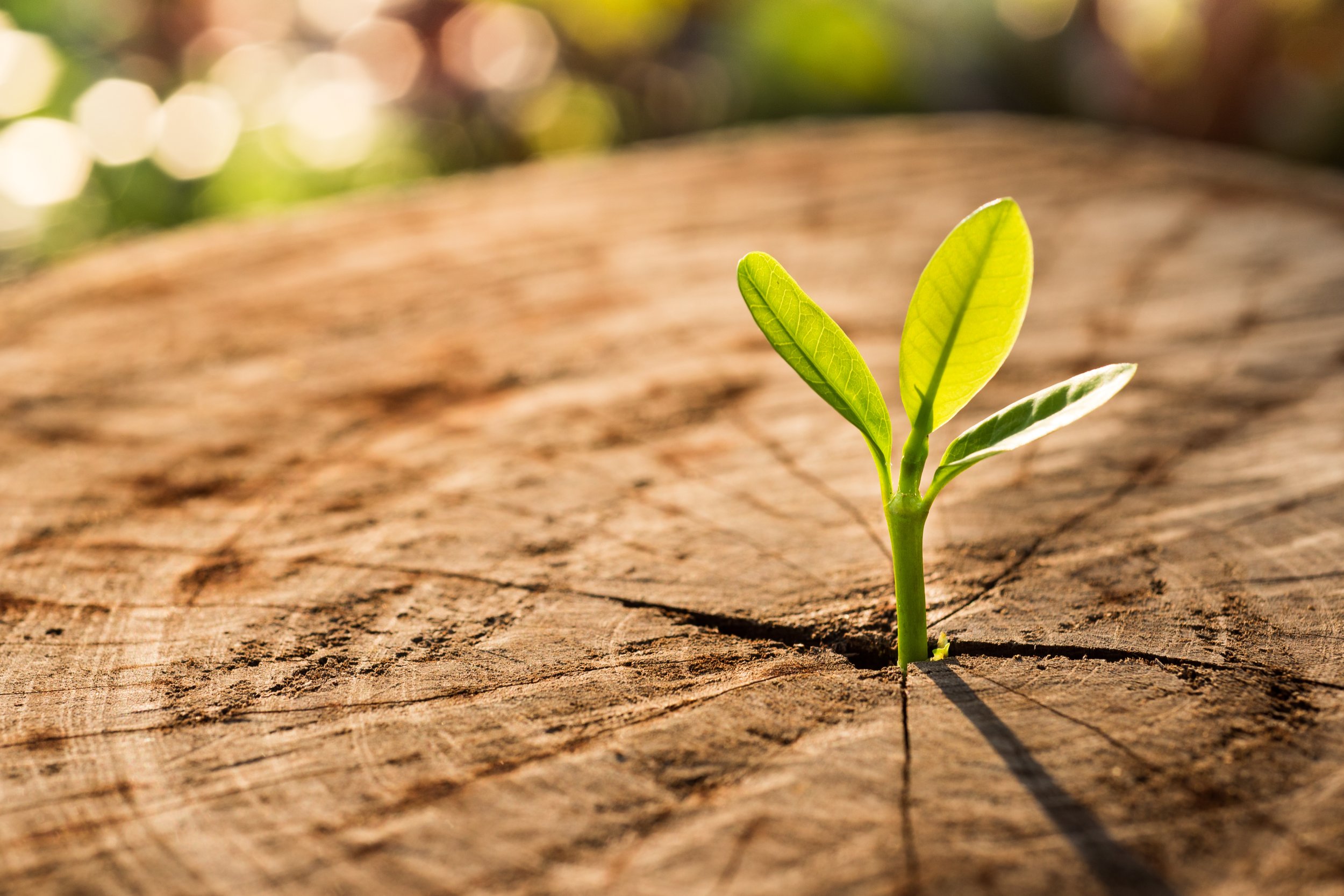
Stress and Trauma
Trauma develops from overwhelming experiences, whether in the past or present. Such experiences may include physical or sexual violations, accidents, falls, medical interventions, or emotionally abusive relationships in childhood or adulthood. Systemic oppression, including racism, sexism, homophobia, and other forms of discrimination, can also trigger traumatic responses.
When we face something frightening, our bodies and minds instinctively react with fight, flight, or freeze—natural survival responses meant to protect us. But when escape or self-defense isn’t possible, these responses can get stuck, turning into emotional, mental, and behavioral patterns that make life feel harder instead of safer. When we’re constantly on guard, disconnected, or shut down, our bodies don’t have the energy they need to heal, grow, and thrive.
Right now, in 2025, the weight of political and social turmoil is making everything feel even heavier. If you’re already carrying past trauma or navigating ongoing stress, you might feel more anxious, exhausted, or overwhelmed than ever. You’re not alone. Your feelings make sense, and you don’t have to figure this out on your own.
The good news? Healing is possible. Whether you're working through past trauma or struggling with the stress of today’s world, there are ways to find relief and build resilience. With the right support, you can reconnect with yourself, feel safer in your body, and step into a future where you feel more grounded, present, and in control of your own story.
Resilience
Resilience—the ability to bounce back from difficult experiences—is already wired into you. It’s not something you have to create from scratch; it’s something you can strengthen. Building resilience happens through trusting relationships, working through challenges, and supporting your body’s natural ability to heal from overwhelming experiences.
By learning to recognize stress and intentionally reground yourself, you lay a new foundation in your heart, body, and mind—one that allows you to respond to life with more ease and stability. Resilience is like a muscle—the more you nurture it, the stronger it becomes. Fed and watered, resilience is an ongoing source of healing, guiding you toward a life that feels more balanced, connected, and sustainable.
Stress and Trauma
Trauma develops from overwhelming experiences, whether in the past or present. Such experiences may include physical or sexual violations, accidents, falls, medical interventions, or emotionally abusive relationships in childhood or adulthood. Systemic oppression, including racism, sexism, homophobia, and other forms of discrimination, can also trigger traumatic responses.
When we face something frightening, our bodies and minds instinctively react with fight, flight, or freeze—natural survival responses meant to protect us. But when escape or self-defense isn’t possible, these responses can get stuck, turning into emotional, mental, and behavioral patterns that make life feel harder instead of safer. When we’re constantly on guard, disconnected, or shut down, our bodies don’t have the energy they need to heal, grow, and thrive.
Right now, in 2025, the weight of political and social turmoil is making everything feel even heavier. If you’re already carrying past trauma or navigating ongoing stress, you might feel more anxious, exhausted, or overwhelmed than ever. You’re not alone. Your feelings make sense, and you don’t have to figure this out on your own.
The good news? Healing is possible. Whether you're working through past trauma or struggling with the stress of today’s world, there are ways to find relief and build resilience. With the right support, you can reconnect with yourself, feel safer in your body, and step into a future where you feel more grounded, present, and in control of your own story.
Resilience
Resilience—the ability to bounce back from difficult experiences—is already wired into you. It’s not something you have to create from scratch; it’s something you can strengthen. Building resilience happens through trusting relationships, working through challenges, and supporting your body’s natural ability to heal from overwhelming experiences.
By learning to recognize stress and intentionally reground yourself, you lay a new foundation in your heart, body, and mind—one that allows you to respond to life with more ease and stability. Resilience is like a muscle—the more you nurture it, the stronger it becomes. Fed and watered, resilience is an ongoing source of healing, guiding you toward a life that feels more balanced, connected, and sustainable.

